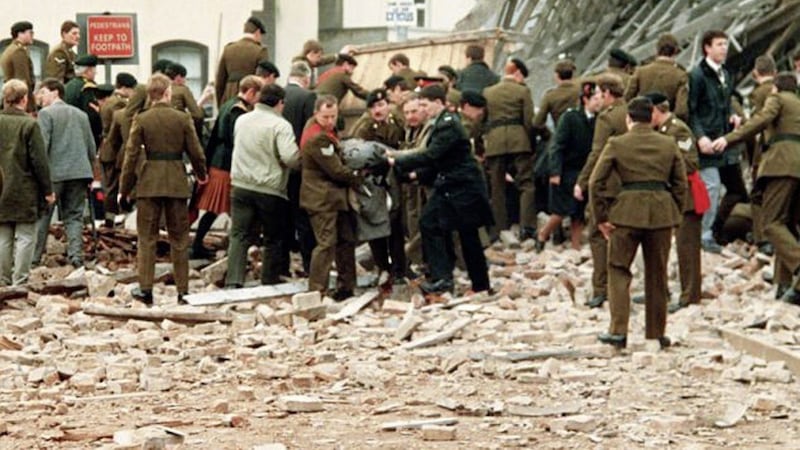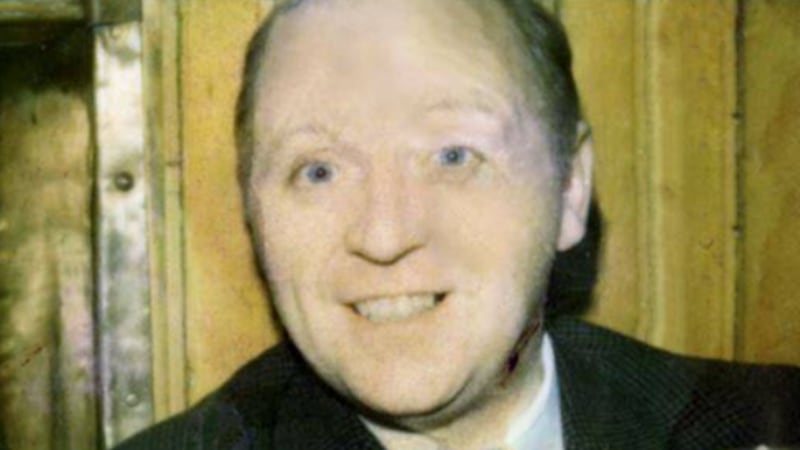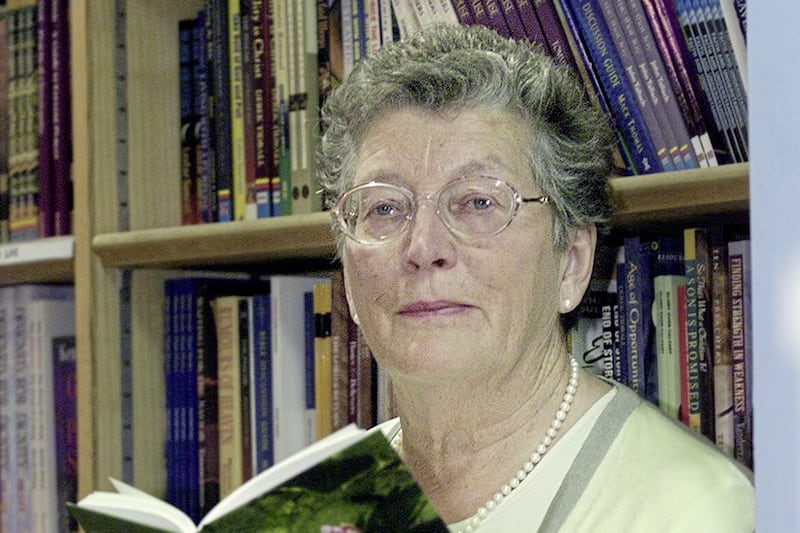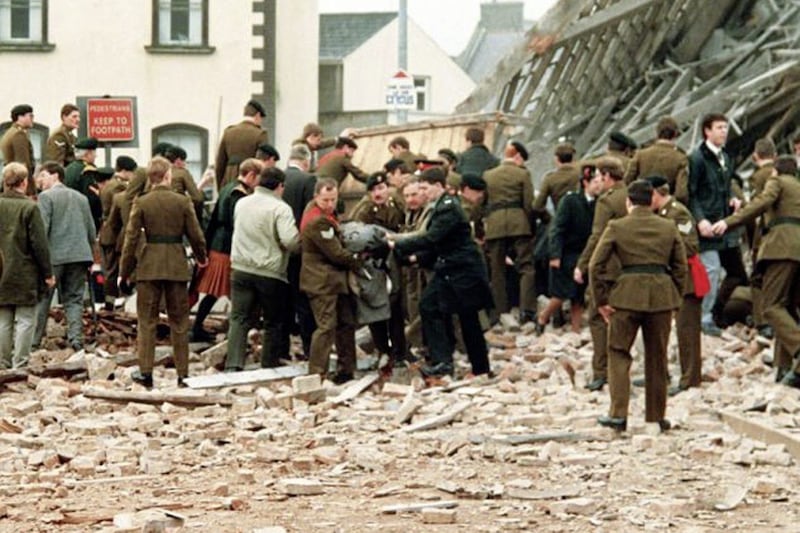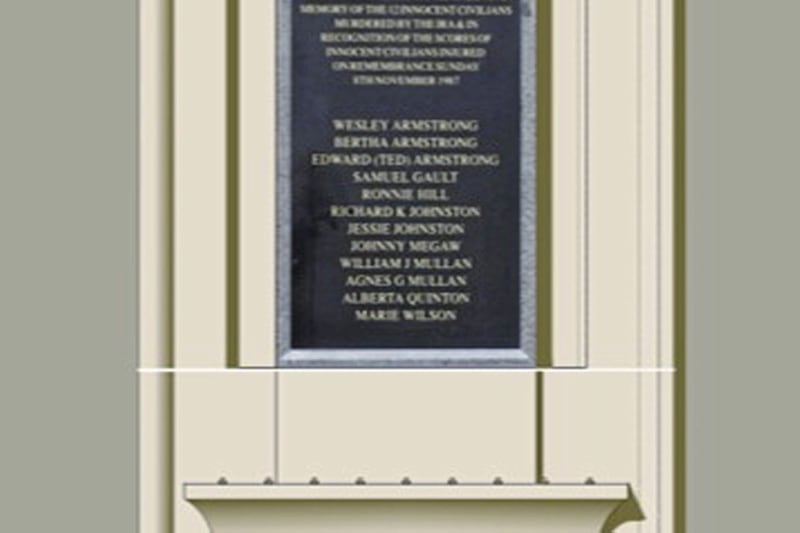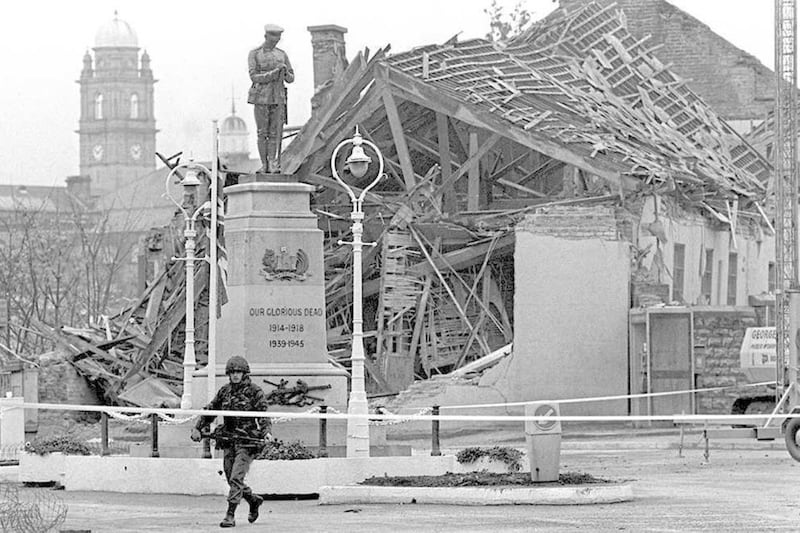SURVIVORS of the Enniskillen Poppy Day bomb are taking High Court action seeking to hold police accountable for failures.
Two of the four men lost parents in the bombing and others include Jim Dixon, who recently underwent his 47th operation for serious injured he received nearly 34 years ago.
They have issued writs for damages against the chief constable.
They point out while the IRA was responsible they want the truth about how the bombing was allowed to happen. They are focusing on the fact that the Reading Rooms in which the bomb was placed was not searched before the Remembrance ceremony, although it was only yards from the war memorial.
Eleven people died on November 8, 1987 and 63 others injured when the Reading Rooms collapsed after the bomb went off. A twelfth victim, headmaster Ronnie Hill passed away in 2000 after being in a coma for 13 years.
Nobody has been charged in relation to the attack.
Investigative website The Detail reported that one of those to issue the writ, Clive Armstrong recalled that he was standing beside his father, Ted, when the bomb went off. Clive was blown 50 yards up the street but his father died.
"I deserve to know the truth because my dad cannot uncover the facts. This is for him," he said.
"Despite the years passing the memories are vivid and the question which I return to year after year is why weren't the Reading Rooms searched?
"If a police/army search dog had of been sent into the building there would have been a strong possibility that the dog would have picked up a smell of the explosives used."
James Mullan, whose father and mother William and Nessie Mullan were killed said the failure to search the Reading Rooms was a "dereliction of duty".
He said the then Chief Constable Sir John Hermon repeatedly stated that the Reading Rooms were not searched because they were “a secure area”.
"It is nonsense to claim that a building closest to the war memorial was somewhat different from all the other premises searched. The security of the public was compromised and this lapse contributed to the murder of 12 adults and injury to over 60 persons, including children. If that is not a dereliction of duty what else would one call it?"
Barry O'Donnell, solicitor at KRW Law, said: "The families make it very clear that it was the Provisional IRA who planted the bomb. The legal action relates to serious and justified concerns they have around the decision making and policy and procedures which resulted in the Reading Rooms from not being searched."
A PSNI spokesman last night said: "It would be inappropriate to comment on this matter if legal proceedings are pending."
